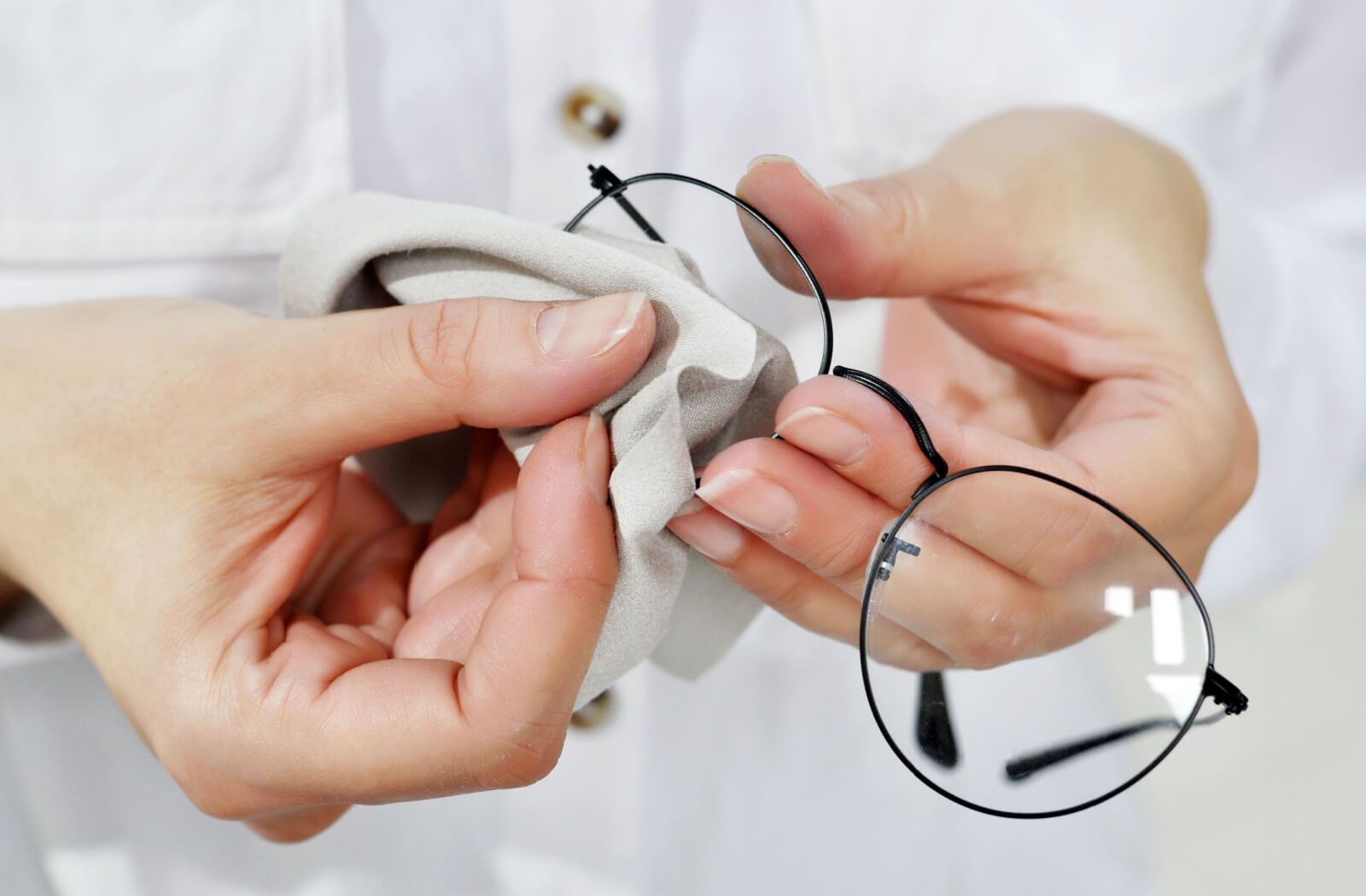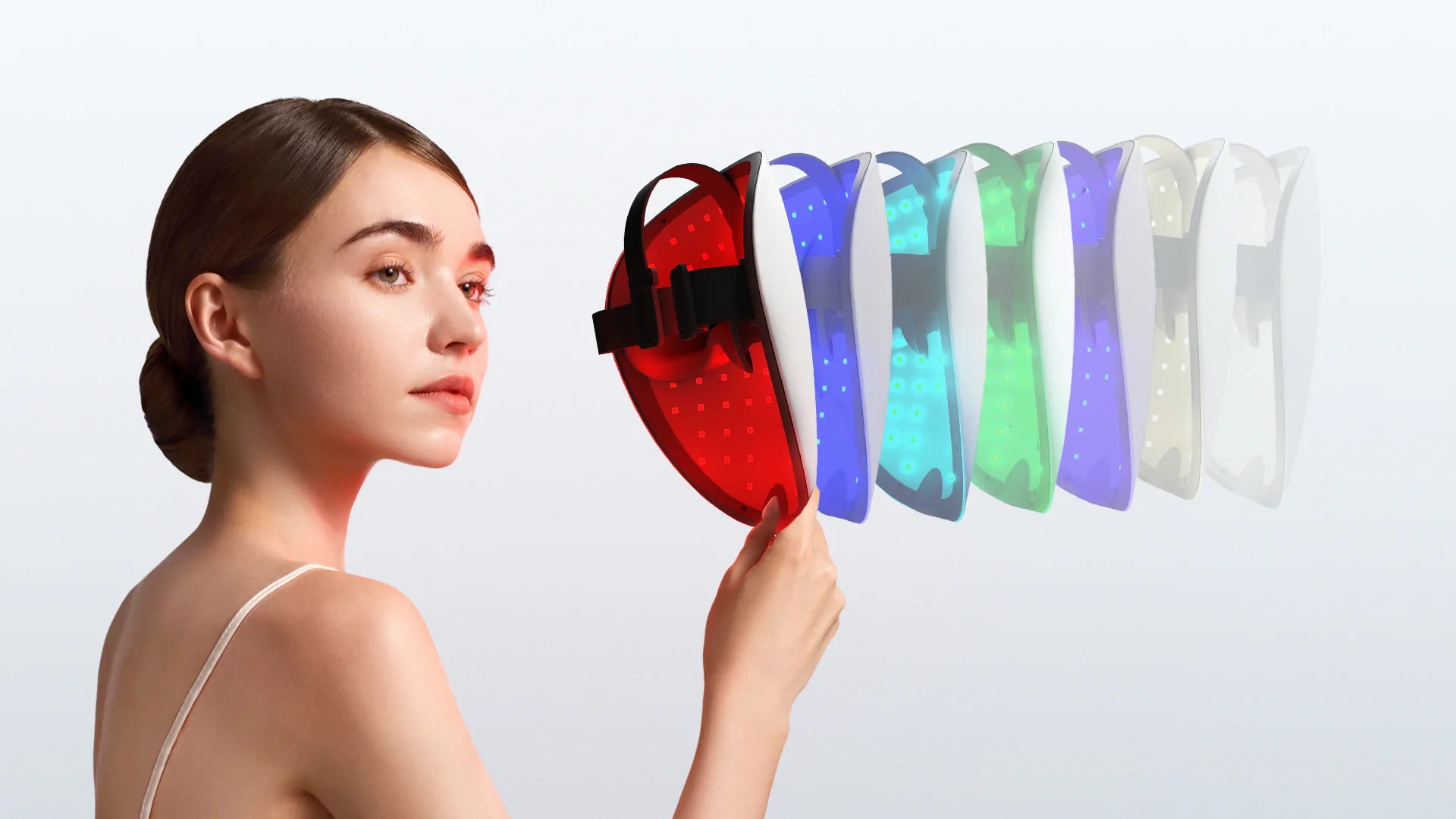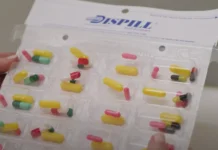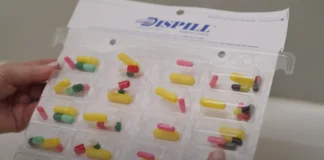Introduction to Anti reflective coated glasses
Anti reflective coated glasses are designed to reduce glare improve clarity and make everyday vision more comfortable.
These coatings are applied as a thin protective layer that enhances visual quality but they are also delicate and prone to scratches if handled incorrectly.
Cleaning them with harsh products or the wrong cloth can damage the coating permanently leaving lenses cloudy and less effective.
Many people mistakenly use tissues paper towels or even clothing which can quickly ruin the coating and shorten the life of the lenses.
The good news is that safe and effective cleaners are widely available and easy to use. This guide explains why AR coatings require special care and reviews the best cleaning solutions to keep your glasses clear and scratch free for years.
Why AR Coatings Need Special Care
The thin anti reflective layer on glasses reduces glare from bright lights and digital screens while making vision sharper. This coating improves comfort during reading driving and computer use but it is very sensitive. Everyday mistakes in cleaning can scratch or weaken the coating and once damaged the lens can never be fully restored.
Damage Caused by Harsh Products
Household cleaners such as vinegar or ammonia sprays may look safe but they react with coatings and slowly strip them away. Even rubbing with rough fabrics can peel the layer or leave scratches that blur vision. What seems like a quick fix often leads to permanent harm and makes lenses lose their clarity faster than expected.
How Proper Care Extends Lifespan
When cleaned with gentle sprays wipes or cloths made for optical care AR coatings can last for several years without losing effectiveness. Poor cleaning habits may shorten their life to less than a year leaving glasses reflective and cloudy. With the right products and methods the coating remains intact keeping lenses sharp and glare free.
Safe Lens Cleaning Solutions
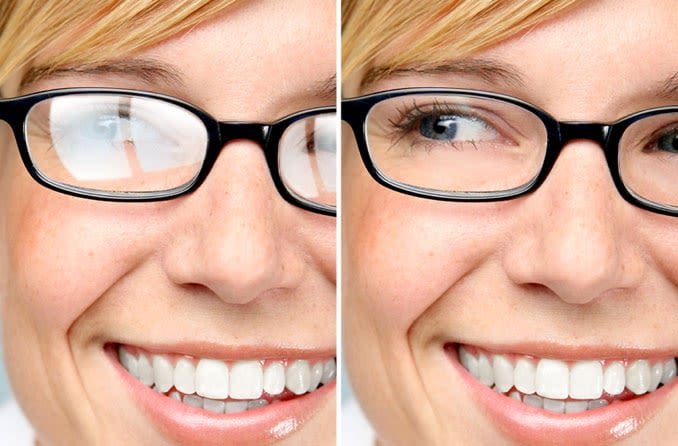

The safest way to clean AR coated glasses is with alcohol free sprays made for optical use. These sprays are designed to dissolve oils fingerprints and smudges without harming coatings. To apply them correctly you spray the solution onto a clean microfibre cloth rather than directly on the lenses. This method prevents excess moisture from seeping into the frame or damaging the coating while still leaving the lenses clear.
Pre Moistened Wipes
Another practical option is pre moistened wipes which are especially useful for travel or quick cleaning at work. These wipes are individually wrapped making them easy to carry in a bag or pocket whenever you need them. As long as they are alcohol free they are safe to use on delicate coatings and leave the lenses streak free. Their convenience makes them a popular choice for people who want fast cleaning without carrying a full spray bottle.
Microfibre Cloths
Microfibre cloths remain the most reliable reusable option for cleaning lenses safely. The fine fibres trap dust and oils while protecting the delicate surface from scratches. To keep them effective they should be washed once a week with mild soap and left to air dry. When cared for properly these cloths provide a safe long term solution for maintaining clear scratch free AR coated glasses.
What Not to Use on AR Coated Glasses
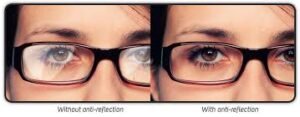

Many people reach for tissues paper towels or even the edge of a shirt when trying to clean their glasses but these materials cause more harm than good. The fibres in these fabrics may feel soft but under a microscope they are rough enough to scratch delicate coatings.
Household cleaners
Household cleaners such as window sprays vinegar or ammonia solutions should never be used either because they strip coatings away leaving the lens exposed and dull. Even rubbing alcohol which is safe for some regular glass lenses is far too harsh for anti reflective coatings and can permanently damage them.
Baby wipes
Baby wipes are another common mistake since they contain moisturisers and chemicals designed for skin which smear and degrade lens coatings. Cleaning glasses the wrong way may save time in the short term but the long term damage can lead to costly replacements. Protecting AR lenses requires patience and sticking to trusted optical products.
Step by Step Cleaning Method for AR Lenses
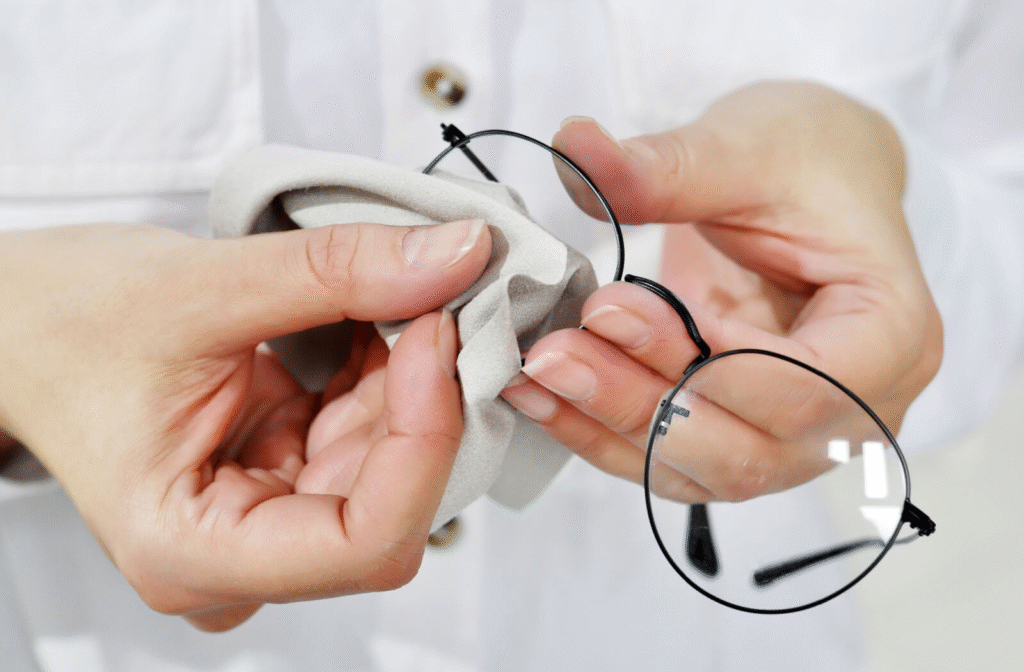

Cleaning anti reflective coated glasses the right way follows a simple but effective process. Begin by rinsing the lenses under lukewarm water to remove any loose dust or grit which prevents particles from scratching the coating when wiped.
apply lens cleaning
Next apply lens cleaning solution to a clean microfibre cloth and never directly onto the lenses to avoid streaks or damage. Wipe the lenses gently in small circular motions starting from the centre and working outward so that oils and smudges are lifted rather than spread. Once cleaned switch to a dry part of the cloth to remove any remaining moisture and leave the surface completely clear.
This method ensures that every part of the lens is cleaned without applying unnecessary pressure or leaving behind residue. Practising this routine daily or whenever glasses become dirty will maintain clarity and keep coatings intact.
Best Products for AR Coated Glasses
Several trusted brands offer safe products specifically designed for AR coated lenses. Zeiss lens cleaner spray is one of the most recommended options by opticians because it is alcohol free and gentle on coatings.
Optix 55
Optix 55 produces a cleaning kit that comes with solution and a microfibre cloth offering a complete package for everyday use.
Zeiss pre moistened wipes are also popular since they are individually packed and perfect for quick cleaning at work or while travelling.
For cloths MagicFiber is highly regarded as a reliable reusable option that traps dust and oil effectively.
Many users find that investing in a small kit of spray wipes and cloths ensures they are always prepared to clean their glasses without risk. Choosing a well known brand not only protects AR coatings but also gives peace of mind that the solution has been tested for safety on sensitive surfaces.
FAQs on Cleaning AR Glasses
One of the most common questions people ask is whether alcohol can be used on AR lenses. The answer is no because rubbing alcohol is too strong and will eat away at the coating.
Some lens sprays contain small amounts of alcohol but these are specially formulated to be safe and are not the same as household alcohol.
Another common question is whether dish soap can be used and the answer is yes but only mild dish soap and only as a backup if lens spray is unavailable. The soap should be free of additives and should be rinsed thoroughly to avoid streaks.
People also wonder how often they should clean their glasses. The best answer is daily or at least whenever they appear smudged. Cleaning often with safe products keeps vision clear and prevents buildup that could eventually harm the coating.
Final Takeaway
Anti reflective coated glasses make everyday vision clearer and more comfortable but they need careful cleaning to stay that way.
Using the wrong products or wiping with rough materials will shorten the lifespan of the coating and make lenses less effective.
The safest approach is to rely on alcohol free sprays pre moistened wipes and high quality microfibre cloths designed for optical care.
By avoiding common mistakes and following proper cleaning steps you can keep your glasses scratch free and crystal clear for years.
A small investment in the right lens cleaning products protects your eyesight and saves money in the long run by reducing the need for early replacements.
Proper care turns AR glasses into a lasting solution rather than a short term purchase.
Rosboxar Gift Ideas 2025: Roses That Say Exactly What You Mean

